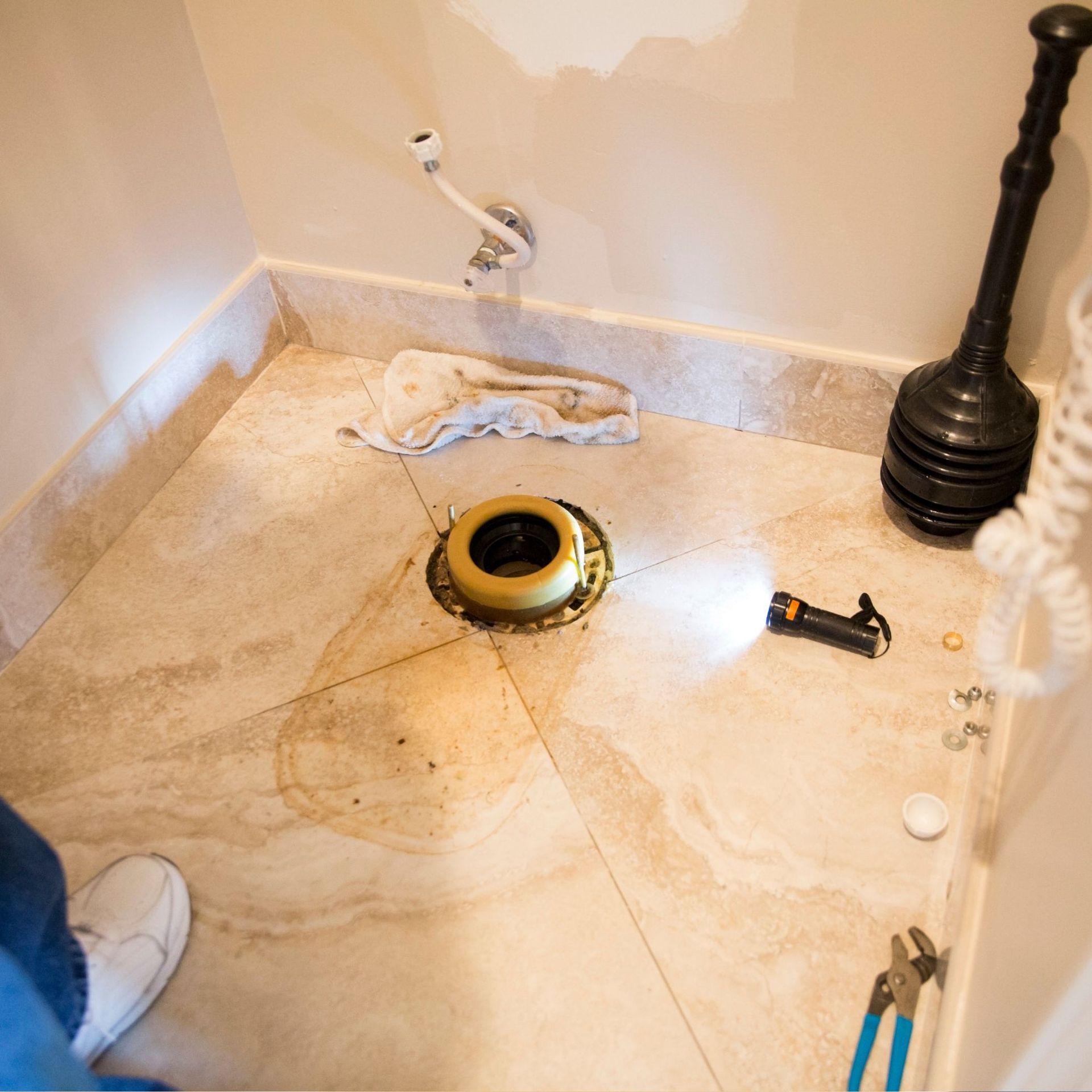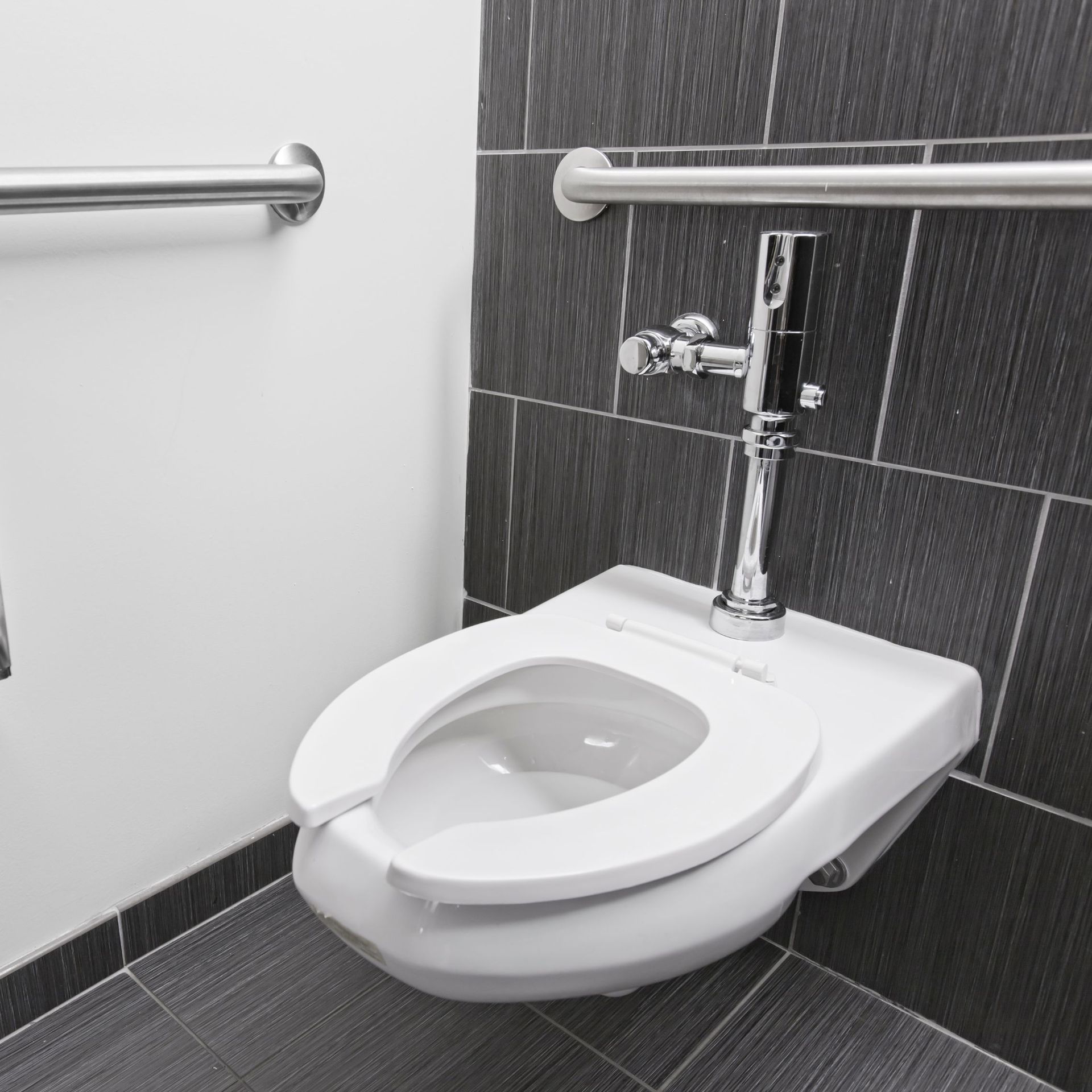
The Right Pipe Material for Your Colorado Plumbing Project
Choosing The Best Materials for Your Project
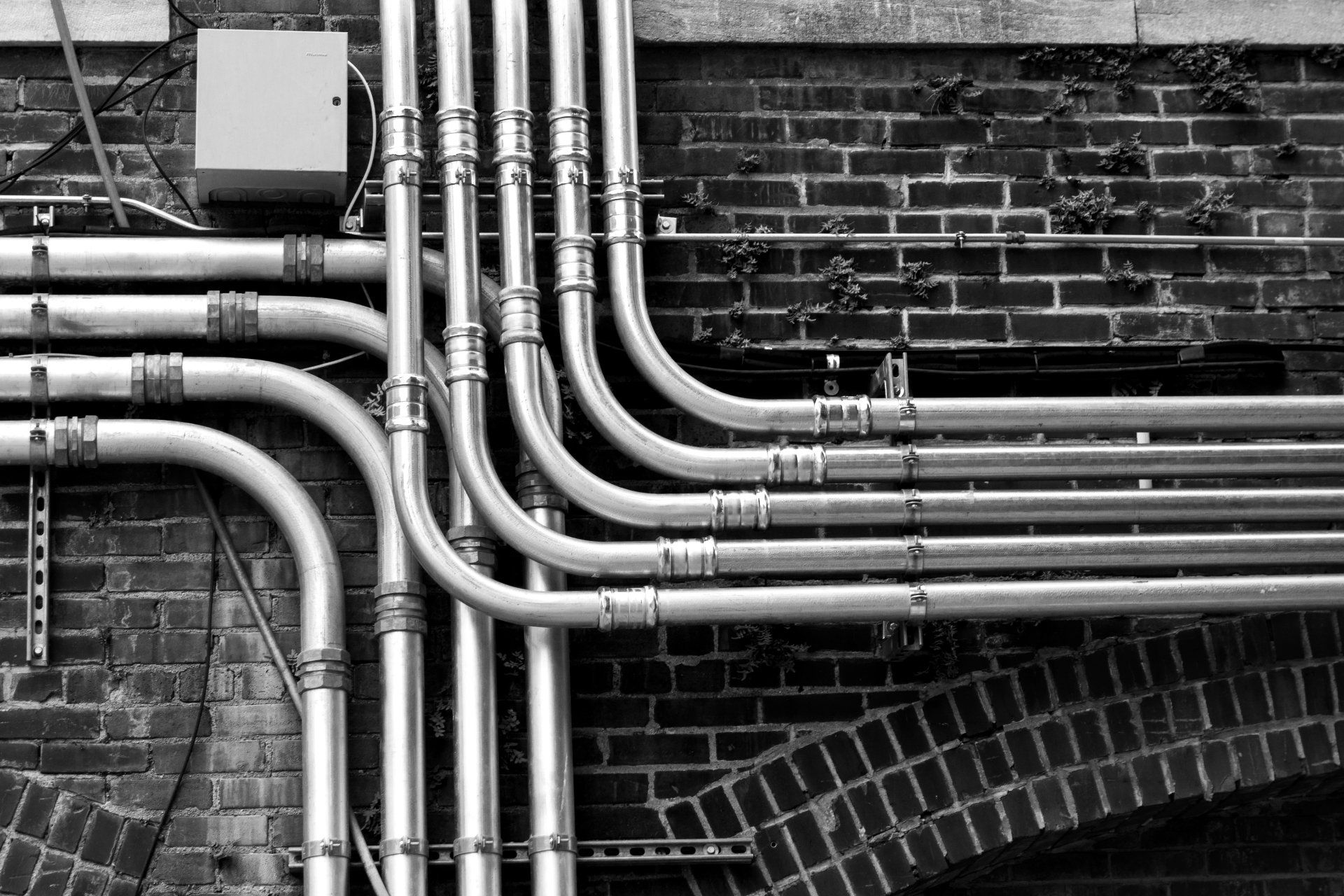
Selecting the appropriate pipe material is crucial for the success and longevity of any plumbing project in Colorado. With the state's diverse climate and unique geological characteristics, it's essential to consider factors such as durability, corrosion resistance, and thermal conductivity when choosing pipes for residential, commercial, or industrial applications.
Copper Pipes:
Pros: Copper pipes are durable, corrosion-resistant, and have excellent thermal conductivity, making them ideal for both hot and cold water applications.
Cons: Copper pipes can be expensive, especially when compared to other materials. They may also be susceptible to damage from freezing temperatures if not properly insulated.
PEX (Cross-linked Polyethylene) Pipes:
Pros: PEX pipes are flexible, easy to install, and resistant to corrosion and scale buildup. They are also less prone to freezing and bursting, making them suitable for Colorado's colder climates.
Cons: PEX pipes may degrade when exposed to sunlight, so they should be installed indoors or shielded from UV rays. Additionally, some codes and regulations may restrict the use of PEX in certain applications.
PVC (Polyvinyl Chloride) Pipes:
Pros: PVC pipes are lightweight, affordable, and resistant to corrosion and chemical damage. They are commonly used for drainage, irrigation, and venting systems in Colorado.
Cons: PVC pipes may become brittle over time, especially in cold weather, increasing the risk of cracks and leaks. They are not suitable for hot water applications due to their lower temperature tolerance.
CPVC (Chlorinated Polyvinyl Chloride) Pipes:
Pros: CPVC pipes are similar to PVC pipes but are specifically designed for hot water applications. They are durable, cost-effective, and resistant to corrosion and chemical damage.
Cons: CPVC pipes may become brittle over time, similar to PVC pipes. They also require solvent welding for installation, which can be more complex than other methods.
Galvanized Steel Pipes:
Pros: Galvanized steel pipes are highly durable and resistant to corrosion, making them suitable for outdoor and underground applications. They have a long lifespan and can withstand high water pressure.
Cons: Galvanized steel pipes can be heavy and challenging to install. They may also develop rust or corrosion over time, especially in areas with acidic water or soil.
HDPE (High-Density Polyethylene) Pipes:
Pros: HDPE pipes are lightweight, flexible, and resistant to corrosion, chemicals, and abrasion. They are commonly used for water supply, drainage, and irrigation systems in Colorado.
Cons: HDPE pipes may be susceptible to damage from UV radiation, so they should be buried underground or shielded from sunlight. They also require specialized equipment for installation and fusion welding.
Cast Iron Pipes:
Pros: Cast iron pipes are incredibly durable and resistant to corrosion and fire, making them suitable for underground sewer and drainage systems. They have a long lifespan and can withstand high pressure and temperature.
Cons: Cast iron pipes are heavy, expensive, and challenging to install. They may also be prone to rust and scale buildup over time, reducing flow capacity and increasing the risk of clogs.
Considerations for Colorado
When choosing the right pipe material for your Colorado plumbing project, consider the following factors:
· Climate: Colorado's climate varies significantly from region to region, with cold winters and hot summers being common throughout the state. Choose pipe materials that can withstand temperature extremes and are resistant to freezing, cracking, and thermal expansion.
· Water Quality: Colorado's water quality can vary depending on the source and treatment process. Select pipe materials that are resistant to corrosion and chemical damage, especially if your water supply has high levels of minerals or contaminants.
· Building Codes and Regulations: Familiarize yourself with Colorado's plumbing codes and regulations to ensure compliance with local requirements. Some materials may be restricted or prohibited for certain applications, so consult with a licensed plumber or building official before making a decision.
· Long-Term Cost: Consider the long-term cost implications of different pipe materials, including installation, maintenance, and repair expenses. While some materials may have higher upfront costs, they may offer greater durability and longevity, resulting in lower overall expenses over time.
Pipe Materials That Are More Resistant To Corrosion From Colorado's Mineral-Rich Water
In Colorado, where water often contains higher levels of minerals due to geological factors, the choice of pipe material can significantly impact its resistance to corrosion. Certain pipe materials are indeed more resistant to corrosion from mineral-rich water than others.
Copper pipes, for example, are known for their excellent corrosion resistance, making them a popular choice in Colorado and other regions with mineral-rich water. Copper naturally forms a protective oxide layer on its surface, which helps prevent corrosion caused by minerals in the water.
Similarly, CPVC (Chlorinated Polyvinyl Chloride) pipes offer high resistance to corrosion, including the type caused by mineral deposits in water. CPVC pipes are specifically designed to withstand exposure to various chemicals and minerals, making them suitable for use in Colorado's water conditions.
On the other hand, materials like galvanized steel and cast iron pipes may be more prone to corrosion from mineral-rich water over time. Galvanized steel pipes are coated with a layer of zinc to protect against corrosion, but this coating can degrade over time, especially in acidic water conditions common in Colorado. As a result, galvanized steel pipes may develop rust and corrosion, leading to leaks and reduced lifespan.
Cast iron pipes, while durable and resistant to fire and pressure, can also be susceptible to corrosion from mineral-rich water. Over time, mineral deposits can accumulate inside cast iron pipes, leading to corrosion, scaling, and reduced water flow.
Choosing the right pipe material for your Colorado plumbing project is essential for ensuring reliable performance, durability, and longevity. By considering factors such as climate, water quality, building codes, and long-term cost, you can select the most suitable material for your specific needs and budget. Whether you opt for traditional options like copper or galvanized steel or modern alternatives like PEX or HDPE, investing in quality pipes and professional installation will help you achieve optimal results and peace of mind for years to come.
Book a Service Today
We will get back to you as soon as possible
Please try again later
Having a plumbing problem?
We'll Fix it today!
Don't let a plumbing problem disrupt your day – contact Fast Track Plumbing and Drain today, and we'll fix it right away!
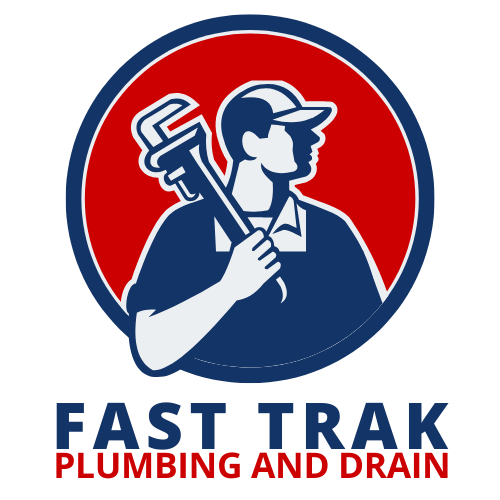
QUICK LINKS
OUR SERVICES
CONTACT INFO
Located in Commerce City, we're strategically positioned to cater to clients in surrounding cities, all within a convenient 2-hour drive.
720 636-4127
We are available 24/7!
All Rights Reserved | Fast Trak Plumbing and Drain
Website Managed by Leads By Vinny
